Recently, the Supreme People's Court (SPC) was selected by the National Committee on Digital Transformation (CDS) as the unit to introduce a successful digital transformation model at the ministerial and sectoral levels. At the conference, Viettel AI shared about the challenges in the process of building a virtual assistant for the Court sector.
Applying AI in the Court Industry is an inevitable trend
According to information at the Conference, Mr. Tran Manh Quan, Deputy Director of the virtual assistant platform, Viettel Data Service and Artificial Intelligence Center (Viettel AI) said that the judiciary is a very broad field in terms of content, covering all social relationships. Therefore, whenever it is necessary to look up a specific issue, the officers working in the industry
The judiciary will need to look through many documents to get the answer. Finding and filtering the right document always takes a large amount of time of the judicial officials. Meanwhile, the workload of the Court is increasing by 8-9% annually, many times more than the capacity to increase human resources of the entire judicial system.
Therefore, enhancing information technology, specifically applying AI to speed up, while improving the quality of proceedings and efficiency in managing the Court sector is an inevitable trend.
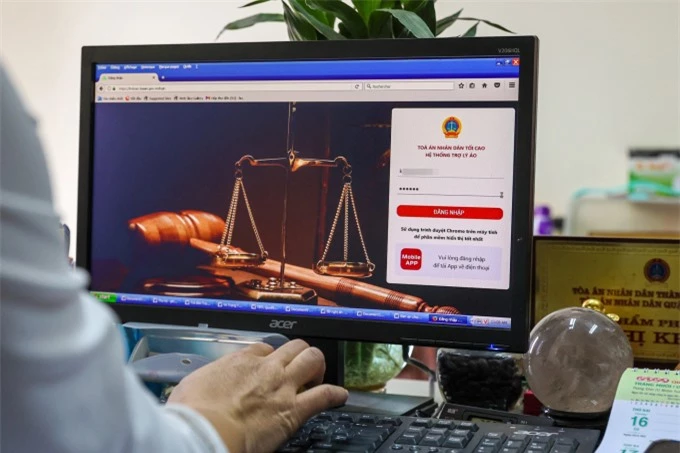
Currently, the Court sector has initially applied AI and built a virtual assistant to support judges, integrating over 168,000 documents, over 1.4 million judgments, and over 24,000 answers to legal situations.
The Court Virtual Assistant has also provided intelligent services to support Judges such as: Introducing relevant legal systems to resolve cases; Introducing similar legal situations that have been summarized by the Council of Judges of the Supreme People's Court in trial practice and provided answers; (virtual assistant operations); Introducing relevant precedents...
According to Viettel AI representative, the legal virtual assistant currently has more than 4,000,000 uses, with an average of 10,000,000 - 15,000,000 questions and answers and lookups per day. Through the survey results with 3,666 reviews, 99% of users highly appreciated the usefulness of the product. The percentage of unsatisfied users is only 5.22%. At the same time, the virtual assistant helps reduce 30% of the workload compared to traditional operations, optimizing the operating time of the entire court system.
Building a legal virtual assistant is an incredibly challenging process.
Mr. Tran Manh Quan said that in the process of building the solution, Viettel AI's project team encountered many huge challenges, typically converting the increasingly massive legal document repository into data in a structure that AI can learn and exploit...
Accordingly, when approaching this problem, the development team determined that the Legal Virtual Assistant must become an encyclopedia of Vietnamese legal documents. To do this, the first thing technology engineers must do is become legal experts. Because only when they grasp and understand the structure and operation of the entire judicial sector in general and the court sector in particular can they come up with suitable and effective AI models. From there, they can come up with a plan to collect hundreds of thousands of documents for all fields that are both accurate and consistent in a data structure for the machine to "learn".
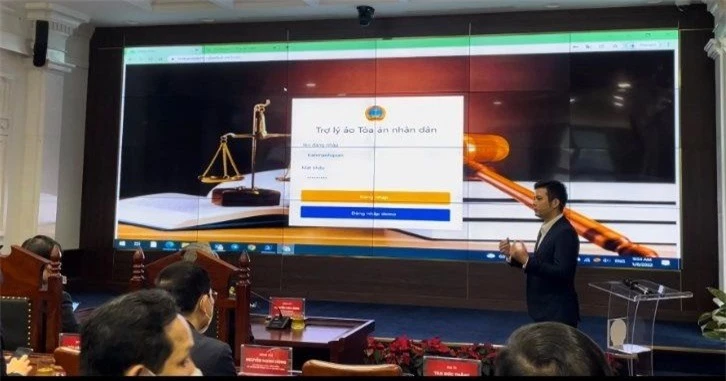
But this is a huge challenge for Viettel AI, because this is a knowledge system that judges or judicial officers have to spend many years, even decades, studying and working to acquire. Meanwhile, the project team are all "outsiders".
Not to mention, Mr. Quan said, Viettel AI's team also has the ambition that this virtual assistant must also collect and extract hidden knowledge - the experiences and wisdom of experienced judges that have never been documented anywhere.
To solve this problem, in the first phase, the project team attended training sessions on basic knowledge of the legal document system as well as the internal legal department of Viettel AI. After that, a team of experts was established with nearly 100 experienced judges, headed by former Deputy Chief Justice, Judge of the Supreme People's Court Tong Anh Hao, to provide information to shape the business processes for the development team as well as edit and perfect the solution.
In addition to software development work performed according to the business problems proposed by the expert team, Viettel AI also conducts surveys and consults at many levels such as the High Court in Hanoi, the People's Court of Hanoi City and the districts.
Thanks to that, the Legal Virtual Assistant can both comply with actual operations and ensure that it closely follows the work needs of judges.
Viettel AI experts have also focused on building a large, clean, Vietnamese language model specifically for Vietnamese people to ensure that court assistants do not learn mixed good and bad information like the popular language models today.
In addition, in the process of developing virtual assistants, Viettel approaches in the direction that Vietnamese virtual assistants are not used to answer everything but will serve each industry to maximize the effectiveness of practical applications.
According to Intellectual Property and Innovation
Source: https://doanhnghiepvn.vn/cong-nghe/tro-ly-ao-nganh-toa-an-cong-cu-nang-cao-hieu-qua-chat-luong-nganh-toa-an/20240703041846552


![[Photo] President Luong Cuong awarded the title "Heroic City" to Hai Phong city](https://vphoto.vietnam.vn/thumb/1200x675/vietnam/resource/IMAGE/2025/5/13/d1921aa358994c0f97435a490b3d5065)


![[Photo] President Luong Cuong attends the inauguration of the international container port in Hai Phong](https://vphoto.vietnam.vn/thumb/1200x675/vietnam/resource/IMAGE/2025/5/13/9544c01a03e241fdadb6f9708e1c0b65)
![[Photo] Prime Minister Pham Minh Chinh receives Ambassador of the French Republic to Vietnam Olivier Brochet](https://vphoto.vietnam.vn/thumb/1200x675/vietnam/resource/IMAGE/2025/5/13/f5441496fa4a456abf47c8c747d2fe92)
![[Photo] Many people in Hanoi welcome Buddha's relics to Quan Su Pagoda](https://vphoto.vietnam.vn/thumb/1200x675/vietnam/resource/IMAGE/2025/5/13/3e93a7303e1d4d98b6a65e64be57e870)




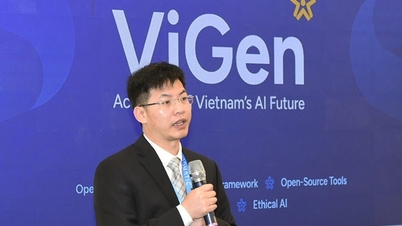

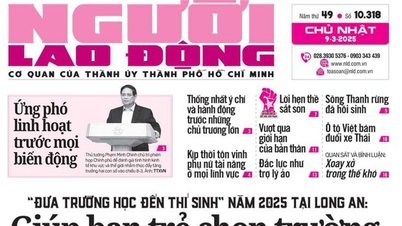


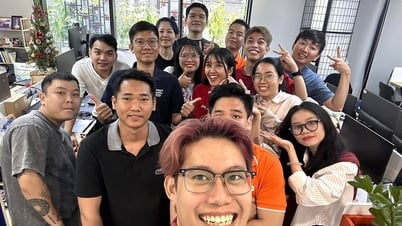





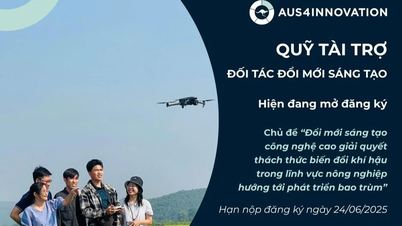








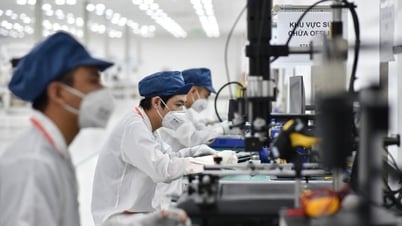
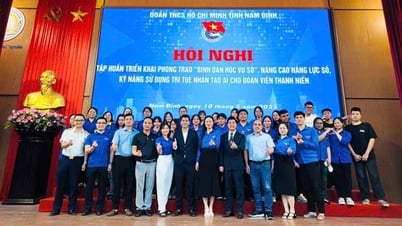























































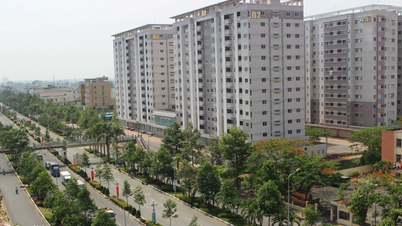












Comment (0)